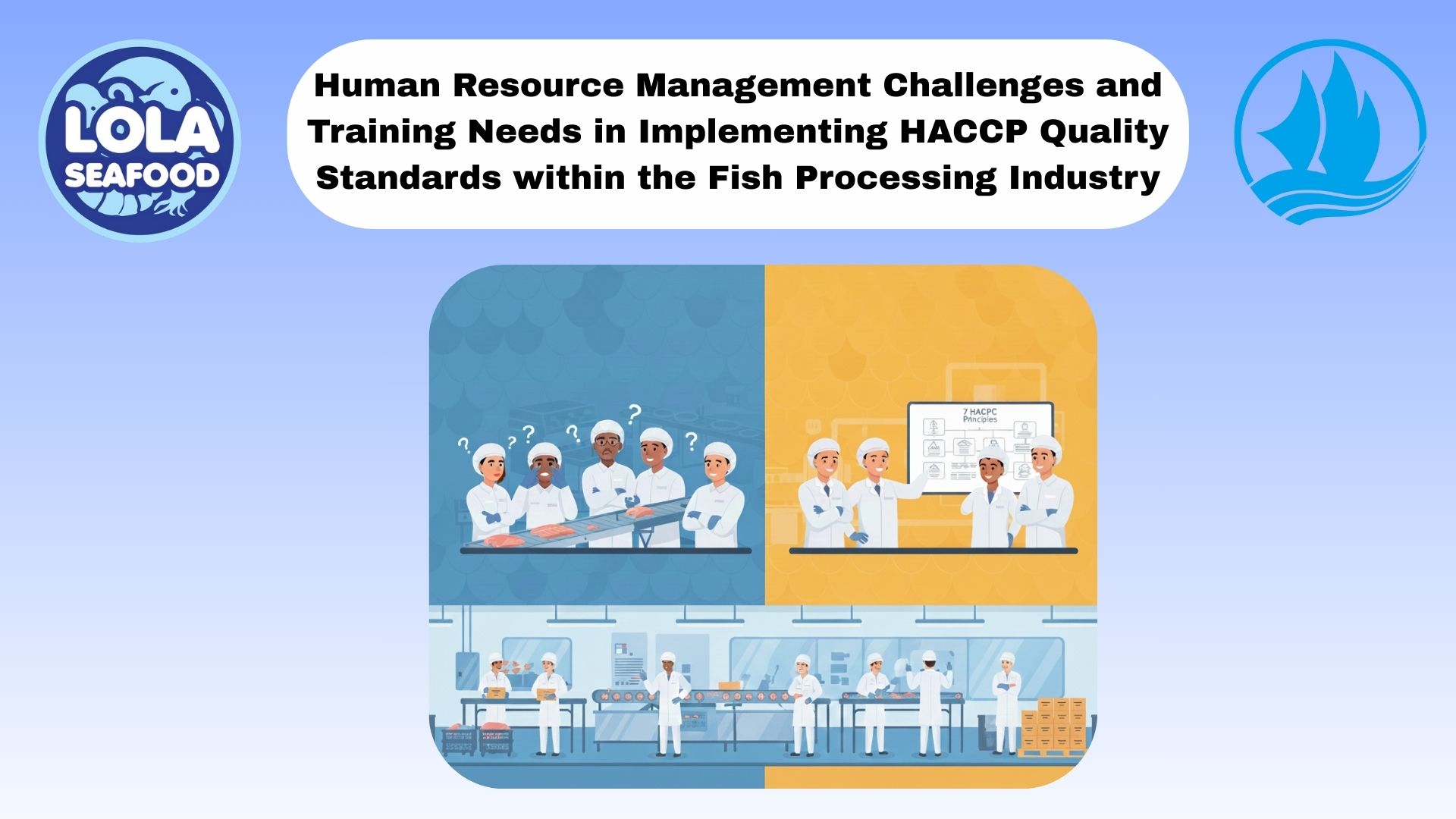Entrepreneurs Reasons Why Must Understand The Types Of Cost In Accounting
By. Fajar - 16 Dec 2024.png)
kelolalaut.com In accounting, costs can be classified into several types based on their calculation method, nature, and function. Here are some commonly known types of costs in accounting:
- Based on Function:
- Production Cost (Cost of Goods Sold/COGS): Costs incurred to produce goods or services that are sold. This includes raw materials, direct labor, and factory overhead.
- Selling Costs: Costs incurred to market and sell products, such as advertising expenses, distribution costs, and sales commissions.
- Administrative and General Costs: Costs related to the management and administration of the company, such as administrative staff salaries, office expenses, and utilities.
- Based on Nature:
- Fixed Costs: Costs that remain unchanged regardless of the number of products produced or sold, such as rent, manager salaries, and insurance.
- Variable Costs: Costs that change with the level of production or sales, such as raw materials, direct labor wages, and electricity used in production.
- Semi-Variable Costs: Costs that are partly fixed and partly variable, for example, telephone costs that have a fixed monthly fee plus a variable charge based on usage.
- Based on Calculation (Expense):
- Direct Costs: Costs that can be directly linked to a product, process, or project, such as raw materials and direct labor.
- Indirect Costs: Costs that cannot be directly attributed to a specific product, such as factory overhead, factory electricity, and managerial costs.
- Based on Relationship with the Production Process:
- Raw Material Costs: Costs incurred for purchasing raw materials used in the production process.
- Direct Labor Costs: Costs associated with workers directly involved in the production of goods or services.
- Factory Overhead Costs: Costs related to the factory that cannot be directly attributed to a product, such as machine maintenance and production supervision costs.
- Based on the Period of Expenditure:
- Period Costs: Costs charged to the current period even if the associated goods or services have not yet been sold, such as selling and administrative costs.
- Product Costs: Costs directly related to the production of goods, such as raw material costs and direct labor costs, which are later included in the cost of goods sold (COGS).
- Based on Time:
- Contingent Costs: Costs that arise due to uncertain events, such as litigation costs or warranty obligations.
- Sunk Costs: Costs that have already been incurred and cannot be recovered, and thus do not affect future decisions.
Conclusion: In accounting, costs can be grouped into various categories based on function, nature, calculation, relation to the production process, period of expenditure, and time. A good understanding of these cost types is crucial for efficient financial management within a company. By knowing the differences between fixed and variable costs, direct and indirect costs, as well as product and period costs, companies can make more informed decisions related to spending, pricing, and financial planning. Proper cost management also helps companies improve profitability and competitiveness in the market.
If you are interested in our Emperor Fillet Skinless please do not hesitate to contact us through email and/or whatsapp.

Optimizing Wild-Caught Fish Logistics: Maintaining Thermal Core Integrity During Long-Haul Transport
.jpg)
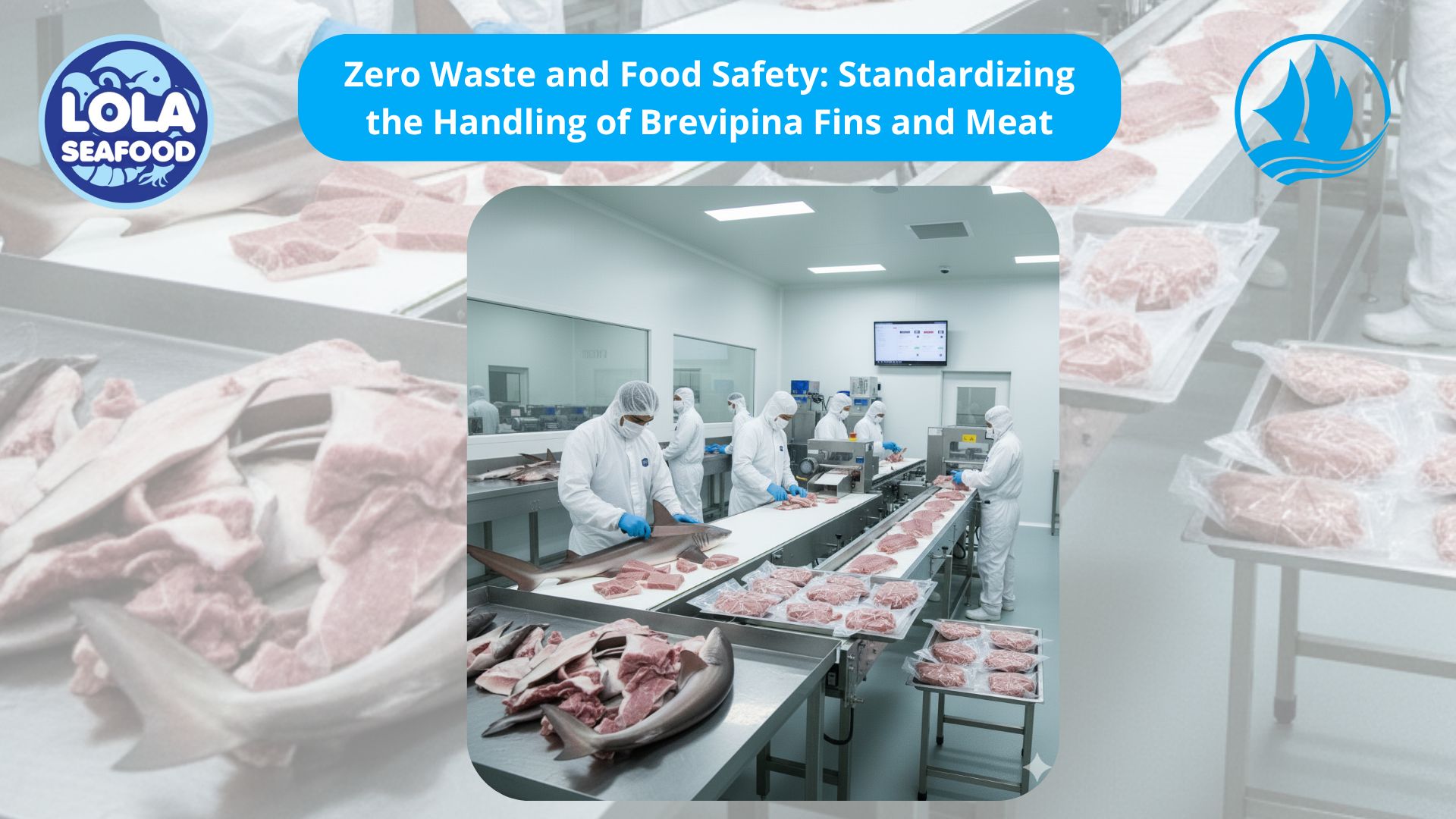
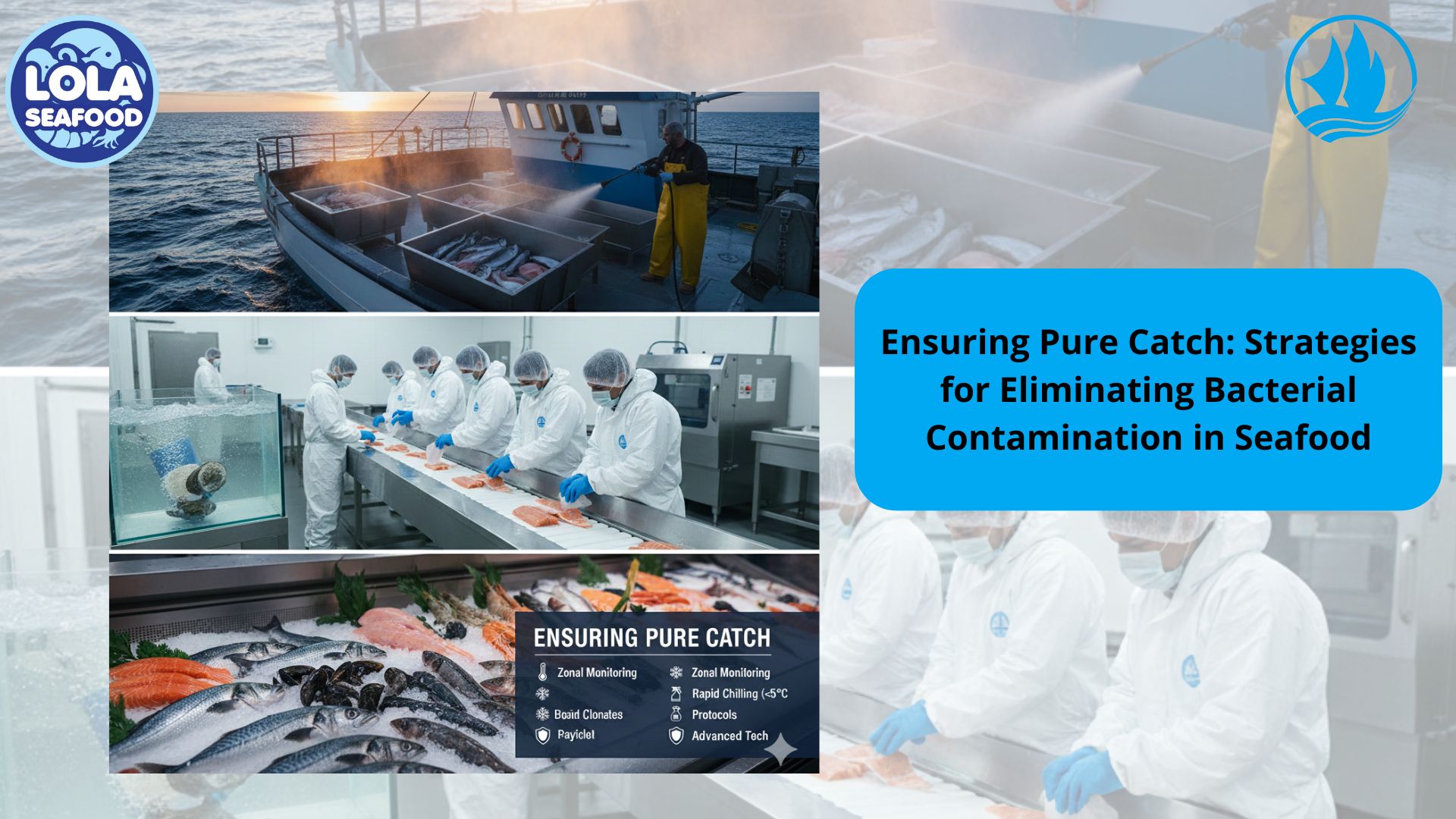
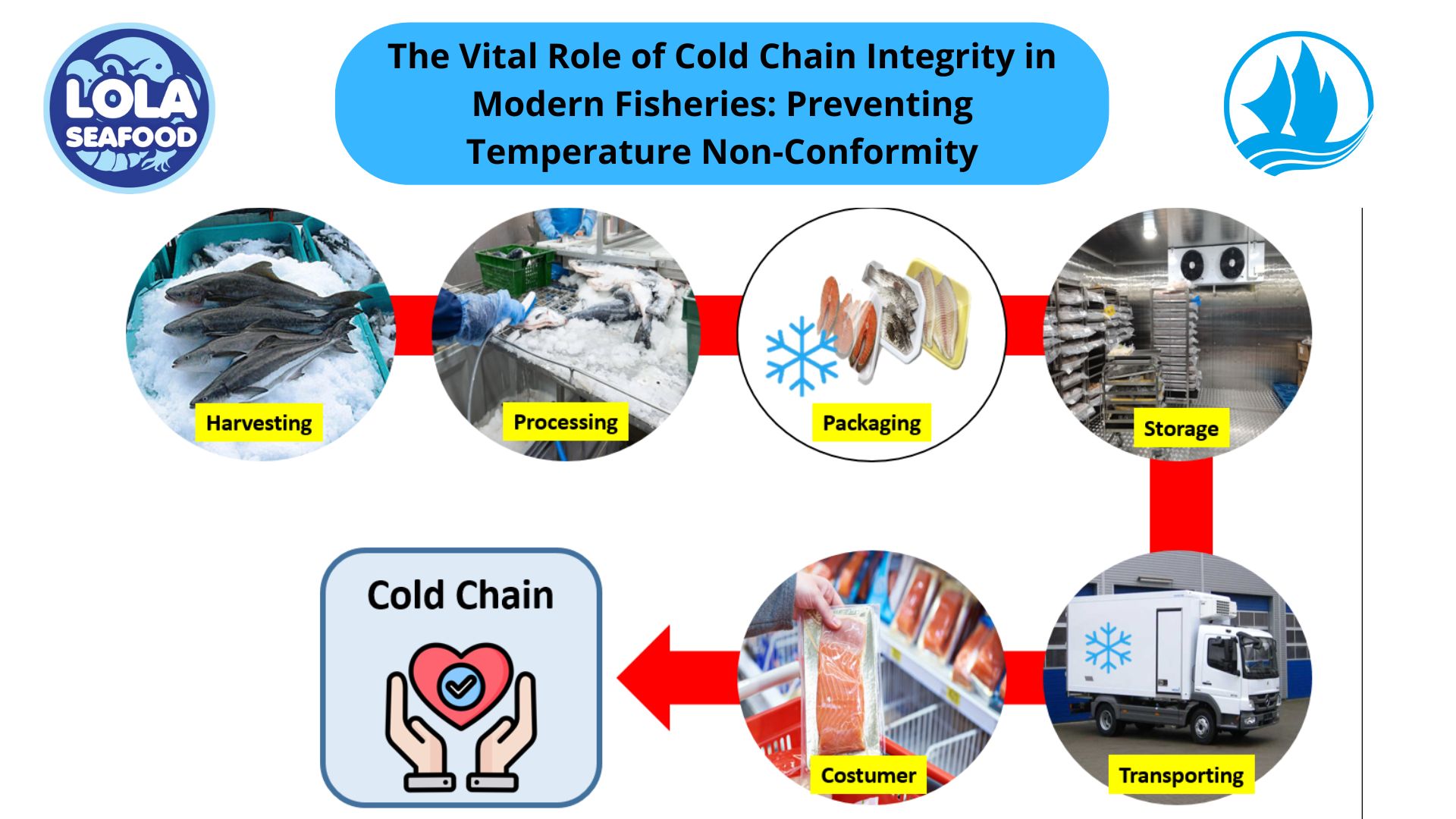
.jpg)
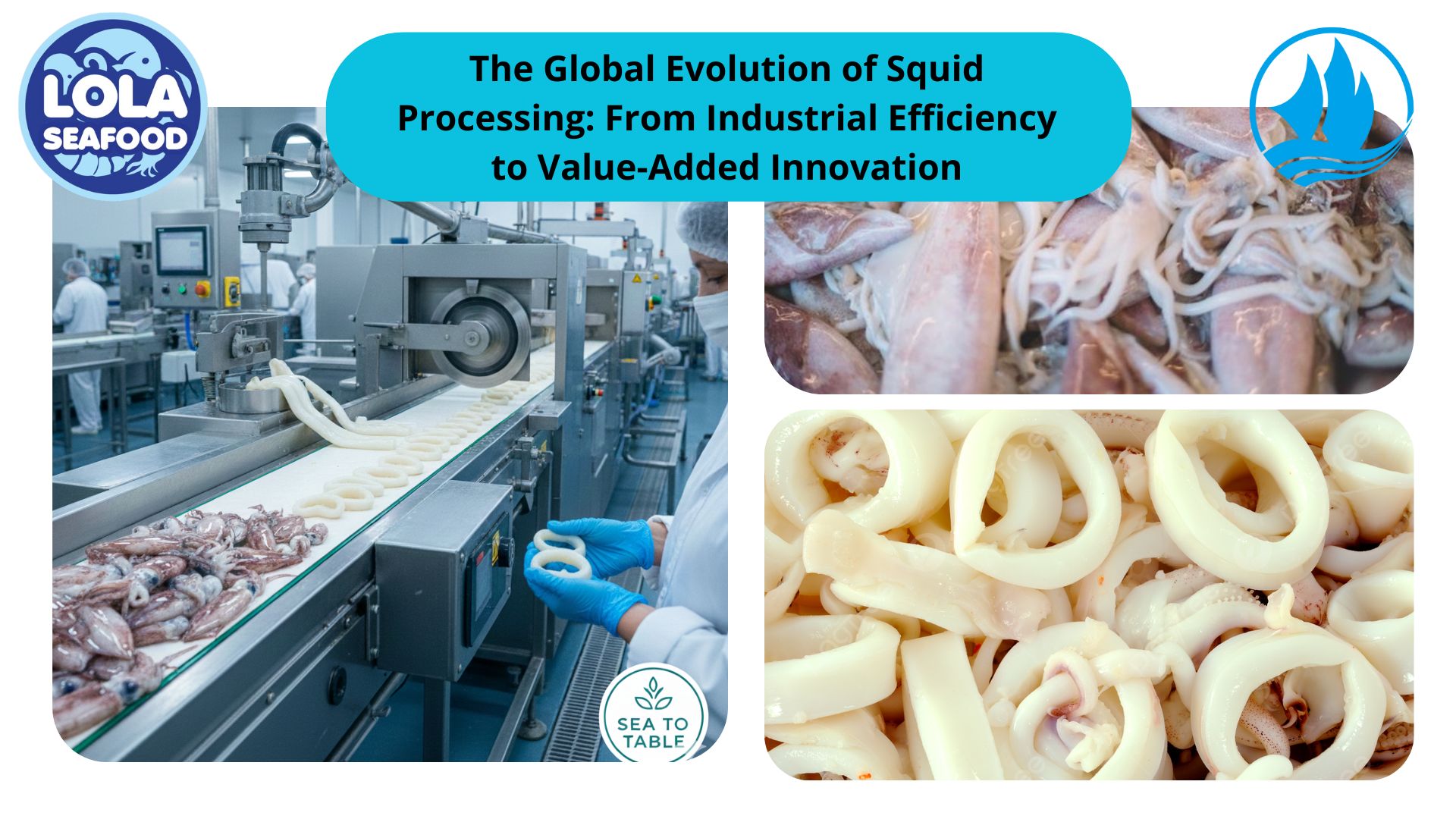
 and Employee Productivity on the Demersal Fish Processing Floor.jpg)
